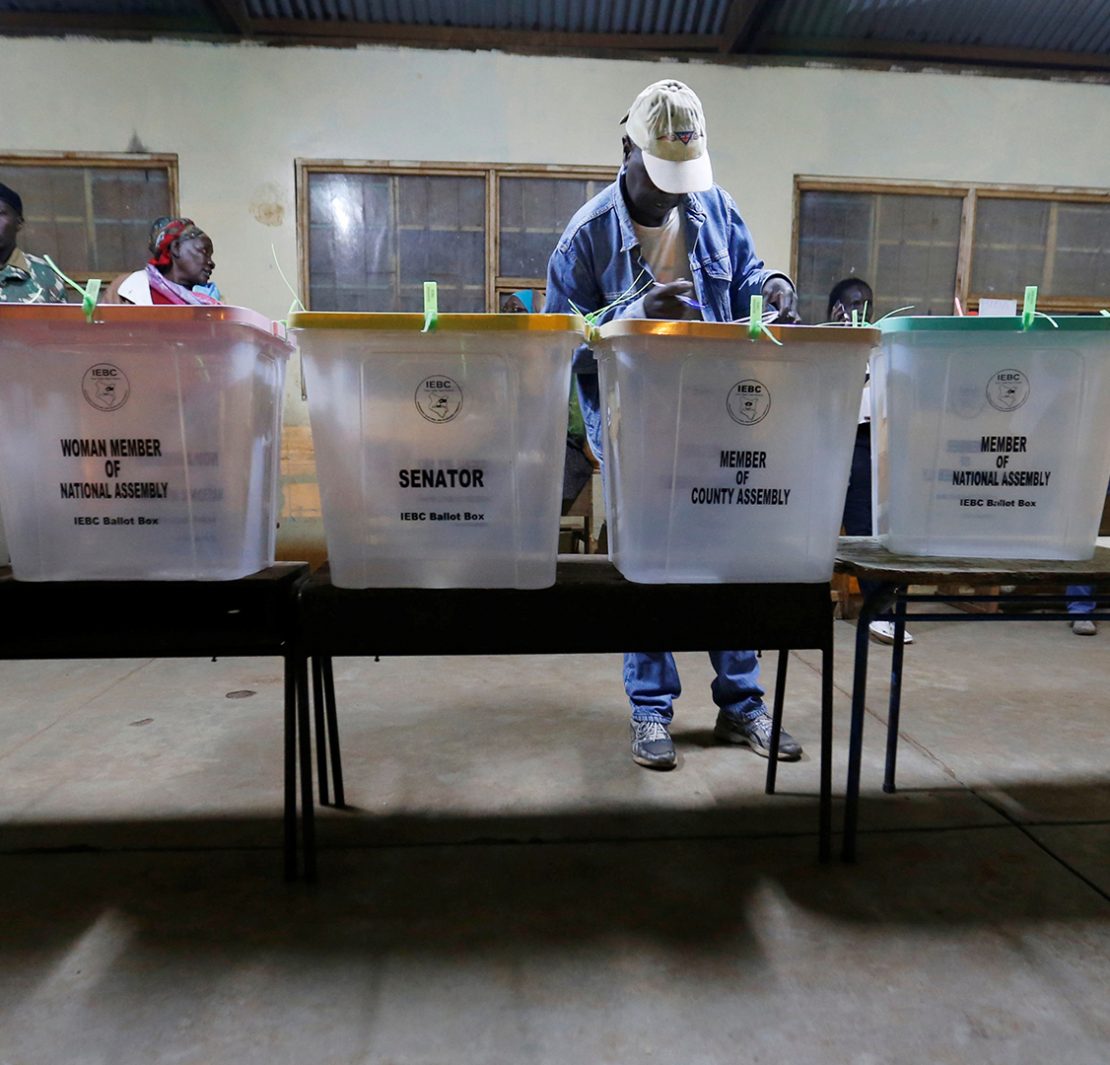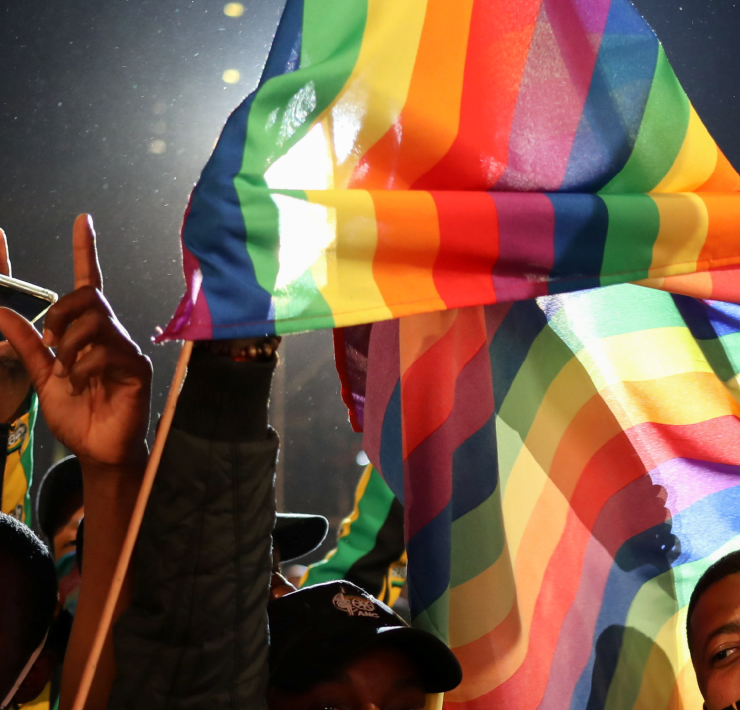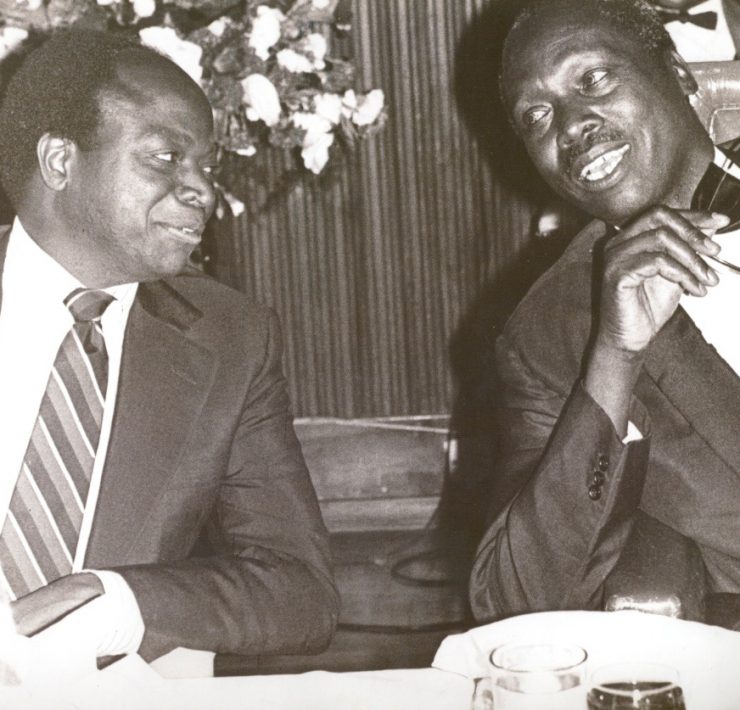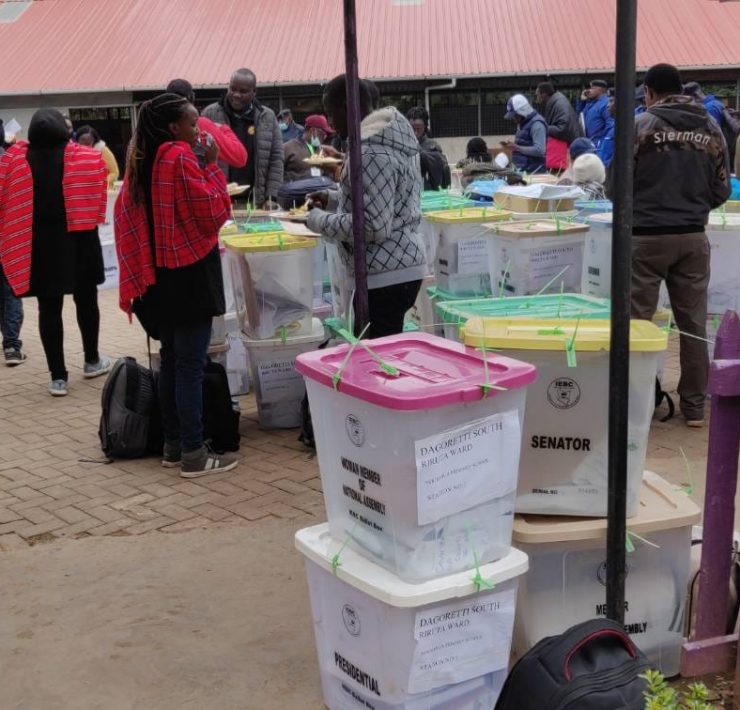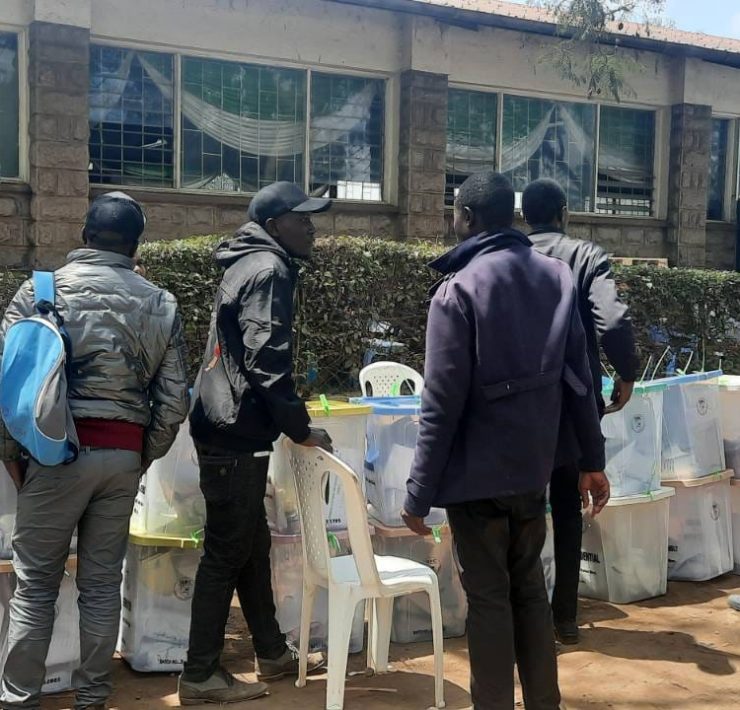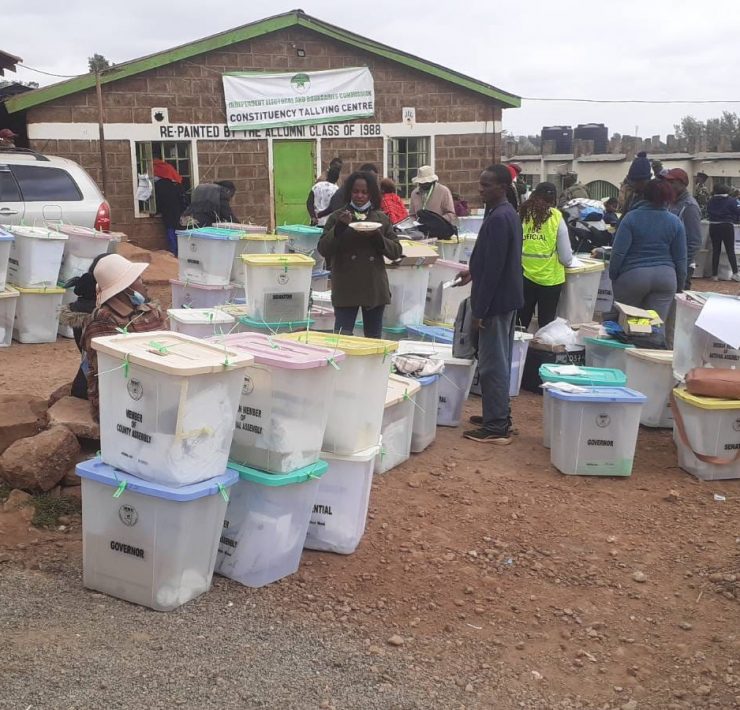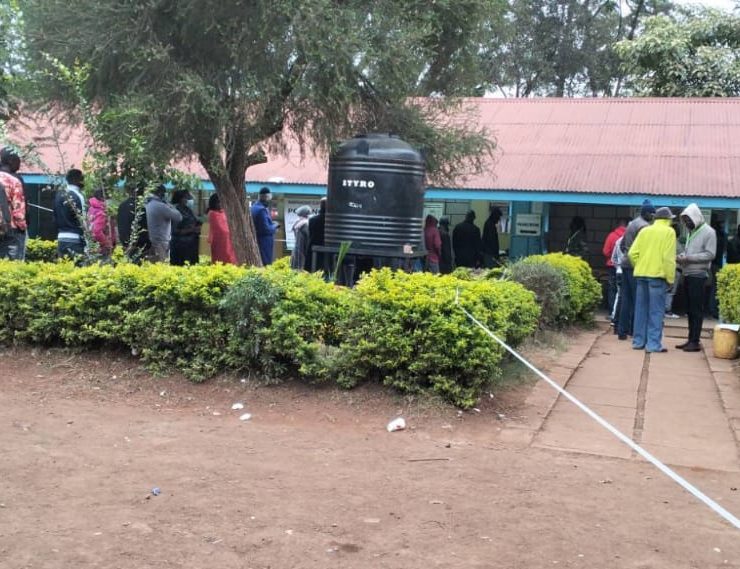At an average cost of about KSh. 2,000 per voter, the August 9 general election is one of the most expensive elections in Africa and the second most expensive in Kenya. With 22,120,458 registered voters, and over 16,000 candidates vying for elective seats, Kenya’s average cost for the polls surpasses the Average Cost per Registered Voter Index (ACRVI) benchmark of five dollars (Ksh596) per voter, by a considerable margin.
In 2017, even though Kenya only had 19.2 million voters, the cost per voter for the election was about KSh. 2,500, making it the most expensive election Kenya has held. The huge cost was largely in part thanks to the procurement of 45,000 Kenya Integrated Elections Management System (KIEMS) kits and increase in polling stations from 31,981 in 2013 to 40,883 stations in 2017. The elections act dictates that a polling station should have a maximum of 700 voters.
In Africa, Rwanda has had the most cost-effective election on a cost-per-voter basis. With 6.9 million registered voters in its last election in 2017, Rwanda spent $1.05 per voter. It is worth noting though, that in that year’s election, the voters’ list was extracted from the national identity database as opposed to holding voter registration exercises, which is part of what builds Kenya’s electoral expenses.
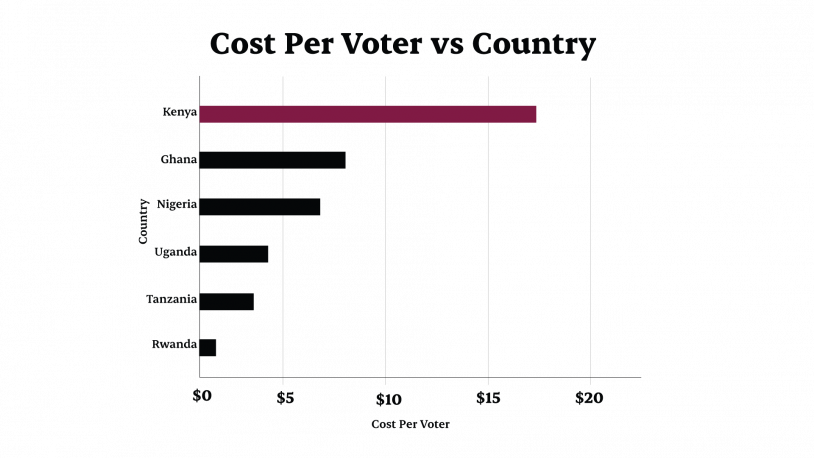
Here are the eye-popping totals behind the expansive budget for this year’s general election.
KSh. 44,177,960,285 million. The overall budgetary allocation for the 2022 general election. The allocation was in staggered phases, KSh. 22, 057,843, 752 billion in the financial year 2021/22 and KSh. 22,120,116,533 disbursed in the financial year 2022/23.
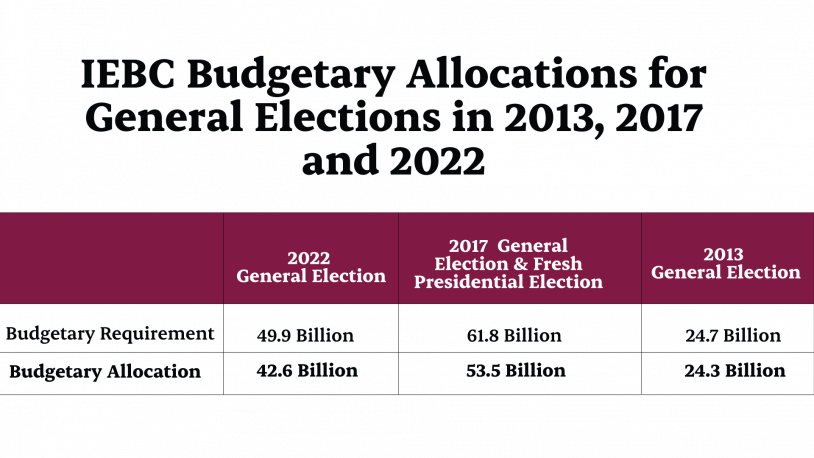
KSh. 42,573,058,434 billion. The amount allocated to the Independent Electoral and Boundaries Commission (IEBC) for poll expenses. In 2017, IEBC had an allocation of KSh. 53.5 billion for the general election and the repeat presidential election ordered by the Supreme Court after the nullification of the August 8 presidential election, and KSh. 24.3 billion for the 4 March 2013 election.
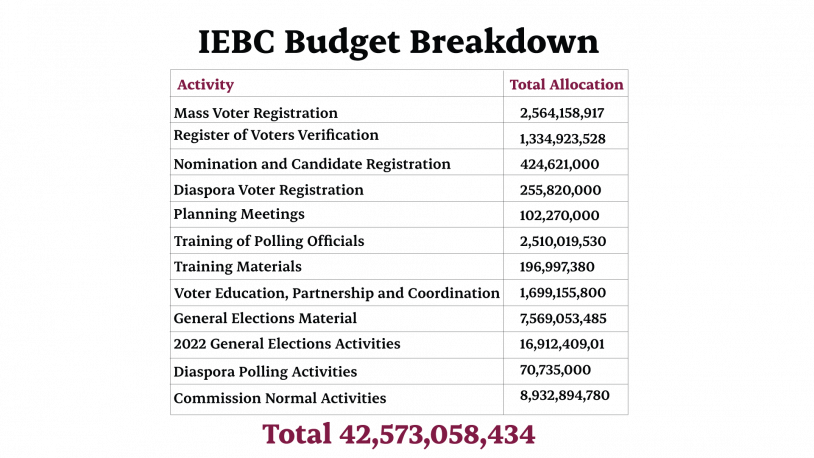
KSh. 3.2 billion. The cumulative cost for the supply, delivery, installation, testing, commissioning, support and maintenance of the Kenya Integrated Election Management System (KIEMS). The contract is being furnished by Smartmartic International Holdings B.V, a vendor of election technologies based in the U.S. Smartmatic supplied 14,100 KIEMS kits, adding to an existing inventory of 45,000 KIEMS kits, bringing the total to 55, 100 KIEMS kits.
KSh. 3.4 billion. The total contract cost for printing and shipping the 132,722,748 million ballot papers—being one for each of the 22,120,458 registered voters for the six elective seats—election declaration forms, among other papers items to be used during the election. The contract was awarded to Inform P Lykos Holdings SA, headquartered in Greece. According to IEBC, the cost of printing a single ballot is about KSh. 23, inclusive of Value Added Tax (VAT).
KSh. 500,000,000 million. Amount budgeted for the State Department for Interior and Citizen services. The state will provide security all around the country and at polling stations on election day. IEBC plans to deploy over 150,000 police officers across the country. Each polling station will have two officers while the rest will be deployed to tallying centres. From the allocation, KSh. 100 million was allocated to the National Cohesion and Integration Commission( NCIC), who are central in promoting peaceful elections as they police hate speech and such.
KSh. 453,384,100 million. Budgeted for the Office of Registrar of Political Parties (ORPP) to regulate, monitor, investigate and supervise political parties compliance to laws; administer political parties fund and maintain and publish the register of political parties.
KSh. 260,173,051 million. Apportioned to the judiciary to facilitate all election-related disputes and petitions.
KSh. 200,000,000 million. Amount provided to the executive office of the president to undertake activities relating to the assumption of Office for the president-elect. In August 2012, parliament passed the assumption of office of the President act that provided clear procedure and ceremony for the assumption of office of president by the president-elect.
KSh. 58,483,200 million. For the Ethics and Anti Corruption Commission (EACC) to fulfill its mandate in safeguarding public resources as regards vetting candidates and related affairs.
KSh. 100,000,000 million. Resources extended to the Ministry of Defence to enhance security operations along the borders and other identified hotspots. In May, NCIC released the conflict hotspot mapping for Kenya report which identified hotspots across the 47 counties.
KSh. 32,861,500 million. The amount allocated to the Independent Policing Oversight Authority (IPOA) for monitoring and maintaining civilian oversight on police operations during the election period. Elections necessitate increased deployment of police officers who serve as auxiliary staff and therefore heightened scrutiny is needed. A report,‘Kill Those Criminals’: Security Forces’ Violations in Kenya’s August 2017 Elections, published in 2017 by Human Rights Watch and Amnesty Kenya estimated that about 33 people were killed in Nairobi alone post-election, most of them as a result of action by the police.

